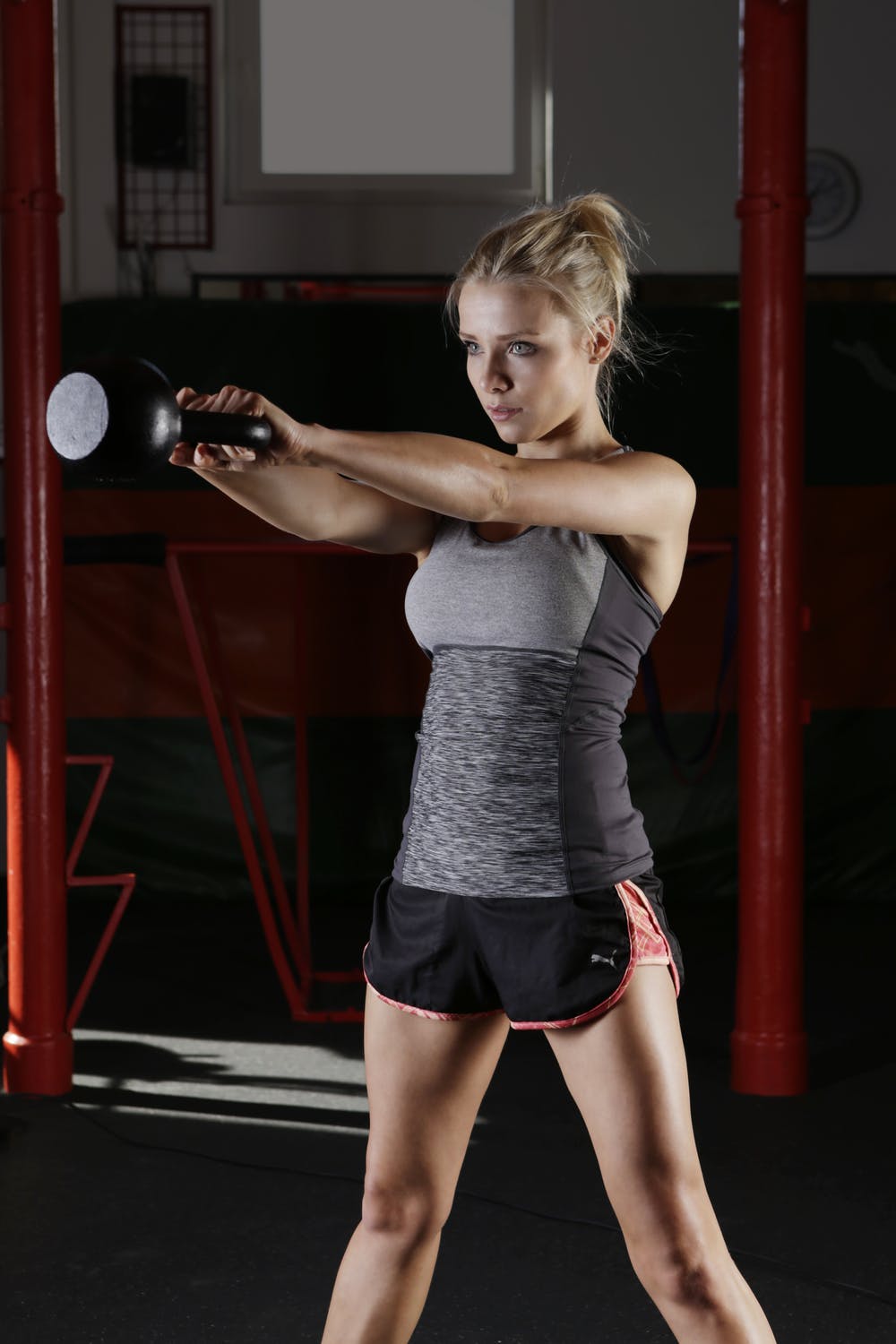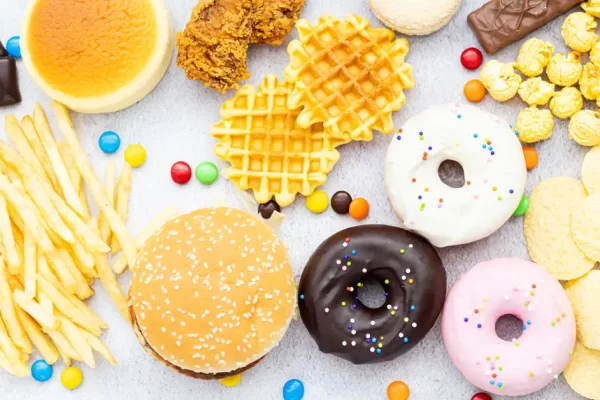Congratulations! You’ve committed to a weight training regimen and are currently working on hypertrophy, powerlifting, or sustaining your strength training routine. You already know that diet is critical for strength training because you need protein to repair and build your muscles, but did you know that diet alters the brain, too? You’re feeding the entire body, not just your muscles, and a healthy diet can help you break through plateaus and take your strength training to the next level.
Weights and Brains
Recent research out of Harvard has shown that exercise can boost brain function, improving memory and reasoning. This is especially prevalent with those in the early stages of dementia, also known as mild cognitive impairment. An Australian team of researchers analyzed 68 women and 32 men over the age of 55 who were diagnosed with early dementia. After one year, the group that underwent weight training “scored significantly higher” in cognitive tests.
Researchers at the University of British Columbia also found that light resistance strength training shifts the white matter in the brain—it’s the area connected to aging. As we age, holes in the white matter begin to form, and that impacts memory and thinking. However, the signs might not be “obvious” for many years. After a group underwent weight training, researchers found hole size stayed about the same whereas the control group (the group that didn’t weight train) experienced significant increases in white matter holes during a one-year period.
Feeding the Machine
What isn’t specifically mentioned in these studies is the role of diet while weight training. Unlike (some) of your muscles, the brain is always “on.” It needs regular, high-quality nutrition even more so than your muscles. The interconnected system is highly refined. Consider this: Those who take the recommended amount of probiotics every day have lower anxiety levels, less stress perception, and a general better mental outlook. That’s going to directly impact your lifting session. Some of the most common reasons to skip the gym include “just not feeling it,” feeling anxious (particularly if lifting is new to you), and stress making a person feel like they’d rather stay home.
Your brain needs a quality diet all the time, but when you’re undergoing a lifting regimen, it’s even more important. This is an extremely demanding activity, and your body will begin to “battle it out” for the best nutrition. Lifters also need to consume a higher-calorie diet if their goal is gains. This varies person to person, but it’s not uncommon to need an additional 500 – 1,000 calories per day above your recommended intake in order to get the lifting results you want. To gauge your actual caloric needs, it’s important to discuss your goals with a nutritionist.
If you don’t feed the machine, some part of your body will suffer. It might be your brain, it might be the muscles your targeting, and more likely than not it will be both. The actual lifting is just part of the equation. Remember that your brain is still the commander in chief, and you need to satisfy the brain to get the desired results.





